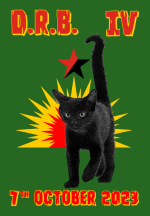Received via Global Women’s Strike and English Collective of Prostitutes.
Joint Statement
International brands must act urgently and cease all production in Myanmar to weaken the military dictatorship and force them to step down
On February 1st 2021, the military in Myanmar carried out a coup and arrested the elected government members and seized power as the State Administrative Council (SAC). On February 5th, when a general strike and street protest known as the Civil Disobedience Movement (CDM) began, women garment workers were on the frontlines. Some 3,000 women workers came by bus from their factories in the industrial zones to join the protests in Yangon.i Garment workers remain central to the CDM. Millions of people have taken to the streets, risking their lives and their livelihoods, to demand an end to dictatorship and in support of democracy for Myanmar.
Thousands of garment workers (90% women) have been on strike for months. The army and police have responded to the peaceful protests with deadly force, including shooting live rounds into the crowds. Over 1300 people have been killed by the military and police in the past ten months, More than 1,750 have been detained, and raped and tortured in other ways while in custody. Women trade union leaders and workers from the garment industry are among those killed and arrested.ii iii In order to repress the workers’ opposition, military personnel have been deployed at factory gates, and martial law has been imposed in the industrial zones so that protesters are judged by a military tribunal under military law, risking years in prison.
Before 2010 many Western brands were unwilling to operate in Myanmar because they didn’t want to be associated with the draconian working conditions and other atrocities taking place under military rule. Along with 19 other brands, H&M, Primark, Tesco and New Look have signed an industry agreementiv – known as Action, Collaboration, Transformation (ACT) – that commits to ensuring the local factories producing their goods uphold workers’ rights to a living wage, collective bargaining, safety and other guidelines for termination and compensation. ACT has ended operations in Myanmar, but many brands that have signed the agreement, like H&M and Lidl, are still sourcing from Myanmar. This is unacceptable. Now that military rule has returned, the same ruthless conditions are recurring and worker’s rights cannot be ensured – why are brands not pulling out?
Reportedly factory owners and employers are taking advantage of the coup to undermine worker’s rights. Many permanent workers have been sacked and replaced with temporary workers on a daily wage. Employers are also known to be working in collaboration with the army to destroy the trade union movement by informing on trade union activists, providing soldiers with names of trade union members they find problematic or who oppose the military coup and having them arrested. Most trade union organizers are now in hiding, yet still active in the movement.
Despite wages for garment workers in Myanmar being among the lowest in the world, multinational corporations are a significant source of income for the military junta. The cut-make-pack (CMP) garment sector exports for the fiscal year 2020/21 were reported to value US$3.24 billion. The garment industry in Myanmar constitutes US$6bn of annual exports (approx. 30% of all exports).vi Many factories sit on land owned by the military with rent from the factories funding them. In addition to exploiting workers to fund the coup, the military is also widely reported to be exploiting natural resources to further finance their crimes. The destruction of people and destruction of the natural resources go hand in hand.
On September 3, 2021, two of the largest trade unions in Myanmar, the All Burma Federation of Trade Unions (ABFTU) and the Federation of General Workers Myanmar (FGWM) put out a joint statement condemning the actions of the employers and calling on Western brands to stop sourcing their products from Myanmar suppliers.vii Garment workers organised in the Industrial Worker’s Federation of Myanmar (IWFM) as part of the Confederation of Trade Unions of Myanmar are calling for comprehensive economic sanctions.viii
“Together with the Myanmar Labour Alliance, a coalition of 185 organisations including trade unions and students, teachers, health workers, engineers’ networks, strike committees, and youth, women and LGBT networks are calling for comprehensive economic sanctions to remove the military regime and restore democracy, human rights, and workers’ rights in Myanmar as quickly as possible. The brands and their lobbyists must stop insisting that they can stay in the country under these conditions. By staying in the country, they objectively defend and legitimize a terrorist regime.”
Khaing Zar Aung: President of the Industrial Workers Federation of Myanmar (IWFM), an executive committee member of the Confederation of Trade Union Myanmar (CTUM), and a member of the Myanmar Labour Alliance.
Given that over two-thirds of Myanmar’s garment exports are for the UK/EU and US markets,ix we have an opportunity and an obligation to act in solidarity with the garment workers and all those opposing the coup and the military’s crimes in Myanmar.
We, the undersigned, join the trade unions of Myanmar in their call for international brands and retailers to urgently take action:
1.Withdraw from Myanmar to put pressure on the military dictatorship to step down.
2. When withdrawing, consult with Myanmar garment unions for an exit plan to ensure transparency and due compensation to the workers, and contribute humanitarian aid to the workers and people of Myanmar.
3. Publicly join the international condemnation of the military coup in Myanmar and call for democracy to be restored. Actively support the Civil Disobedience Movement, trade unions and the National Unity Government of the Republic of the Union of Myanmar (NUG) in their efforts to stop this brutal military dictatorship.
Issued by Global Women’s Strike and No Sweat
Signed by…
January 12, 2022
Categories: Anarchist . Tags: anti-capitalist, fascist, International, Solidarity, workers . Author: wessexsolidarity . Comments: 1 Comment
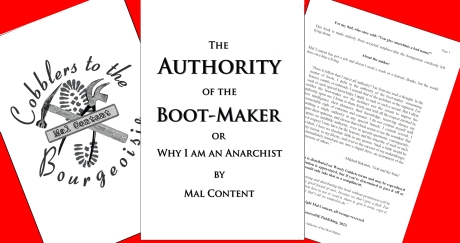
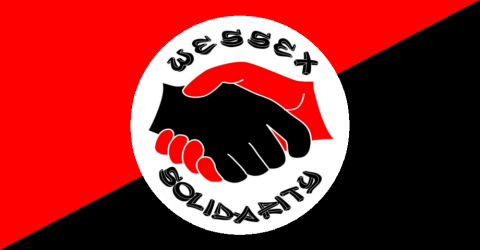
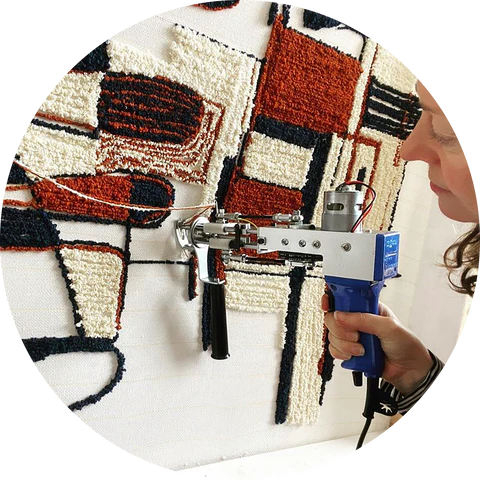
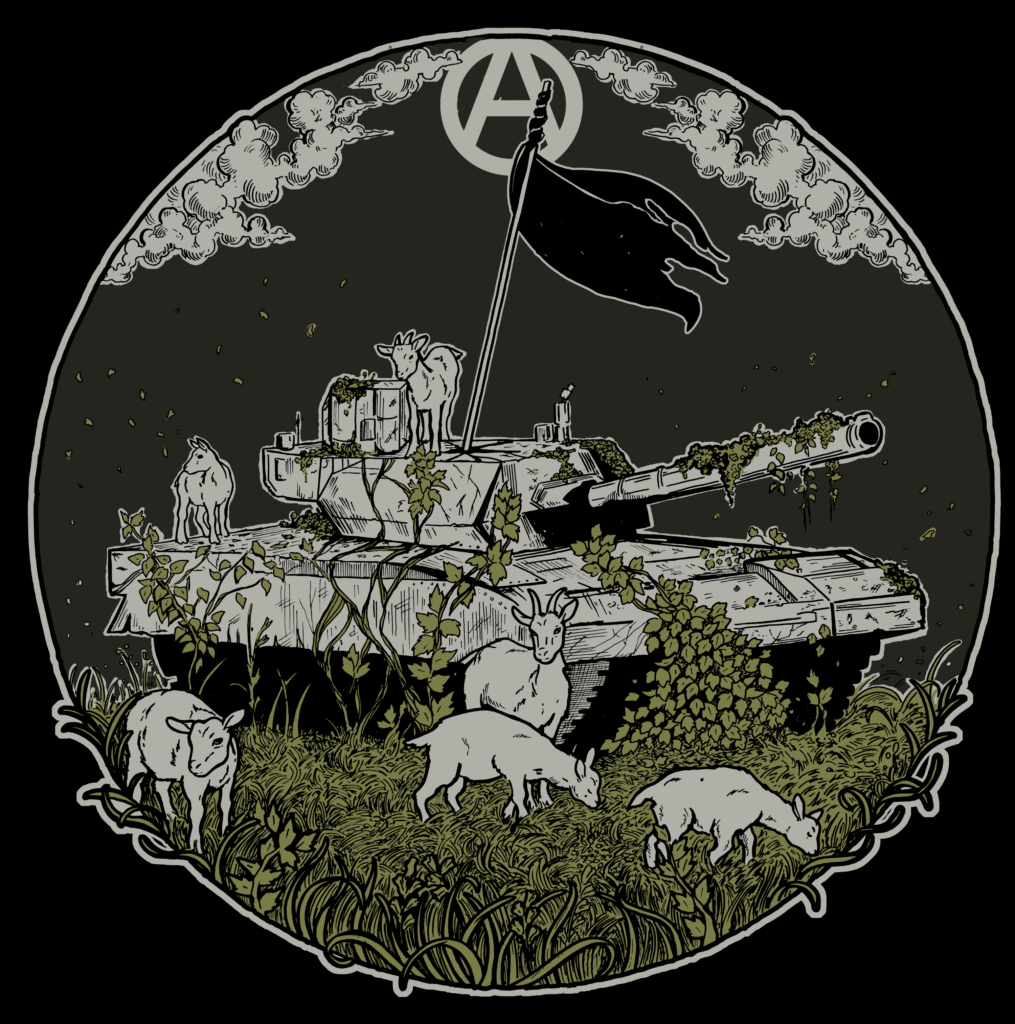



 Over the weekend of June 17-19, some 4,000 union members and affiliates congregated in Chicago for the 2022
Over the weekend of June 17-19, some 4,000 union members and affiliates congregated in Chicago for the 2022 



